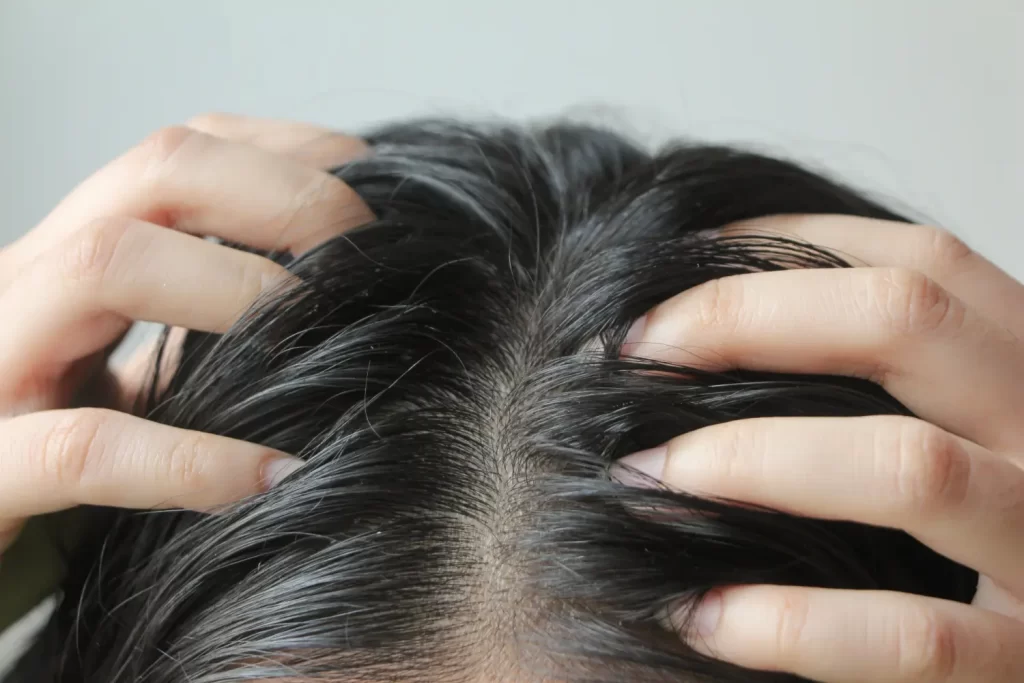
You know that dry scalp and thinning hair you’ve been dealing with? Well, it could be due to menopause. Menopause brings many changes to a woman’s body, and the scalp and hair are no exceptions.
If you’re noticing dryness, thinning, or scalp sensitivity, you’re not alone—these are common challenges that require a gentle and targeted hair care routine for menopausal scalp health. What does that look like? Well, let’s look into some practical steps to restore balance and maintain vibrant hair during this transition.
Menopause triggers significant hormonal shifts, especially the decline of estrogen, which plays a crucial role in maintaining healthy hair and scalp. This hormonal change often leads to a drier, more sensitive scalp and noticeable hair thinning or breakage. Women may experience increased scalp itchiness, flakiness, or irritation during this time.
These changes can make the scalp feel uncomfortable and affect hair texture, leaving it more fragile and less voluminous. Understanding these menopausal scalp changes is the first step in creating a hair care routine for menopausal scalp that addresses these unique needs effectively.
Creating a gentle yet effective hair care routine tailored to menopausal scalp needs is essential for maintaining healthy hair. Here are the key steps to follow:
Use a mild, sulfate-free shampoo designed to cleanse without stripping natural oils. Washing your hair 2-3 times a week helps maintain scalp moisture while removing buildup.
Exfoliating the scalp once a week can remove dead skin cells and promote better absorption of treatments. Choose a gentle scrub or chemical exfoliant suitable for sensitive scalps.
Hydrate the scalp and hair with nourishing conditioners or masks that contain moisturizing ingredients. Focus on lightweight formulas that won’t weigh down thinning hair.
Regular scalp massages improve blood circulation, supporting healthy hair follicles. You can use your fingertips or a scalp massager for a few minutes daily.
Limit heat styling and harsh chemical treatments that can weaken menopausal hair. Use UV protectants when spending time outdoors to shield hair and scalp from sun damage.
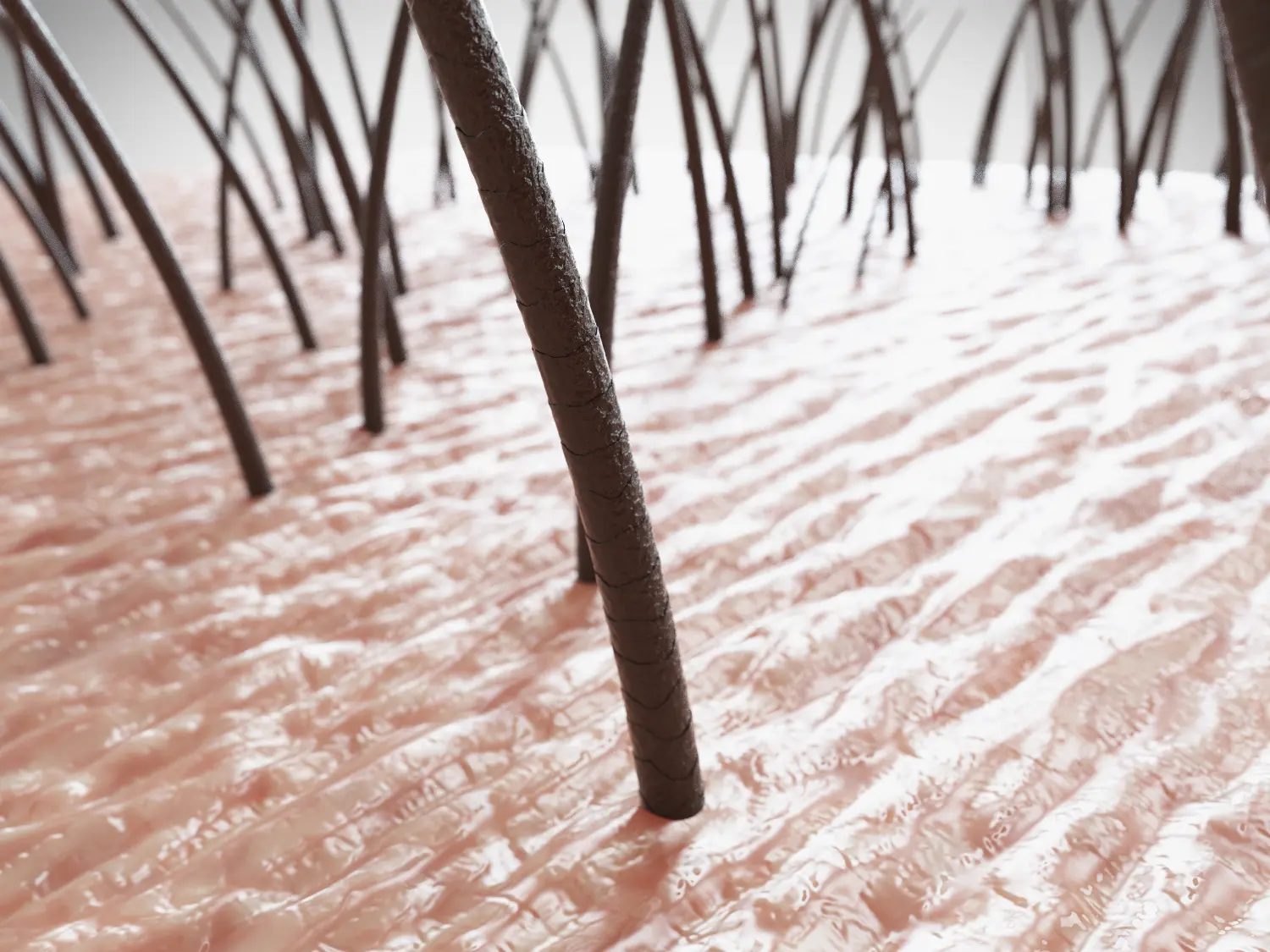
Choosing the right products is key to supporting a healthy hair care routine for menopausal scalp. Look for ingredients that nourish, hydrate, and strengthen both scalp and hair.
Beneficial Ingredients to Seek:
Ingredients to Avoid:
Consider shampoos, conditioners, serums, and scalp treatments formulated with these beneficial ingredients to keep your scalp balanced and hair resilient through menopause.
Beyond a targeted hair care routine, your daily habits play a powerful role in maintaining menopausal scalp health and hair vitality.
Eating a balanced diet rich in vitamins like A, C, D, and E, as well as minerals such as zinc and iron, supports hair growth and scalp health. Staying well-hydrated is equally important to keep the scalp moisturized from within.
Chronic stress can worsen hair thinning and scalp irritation. Incorporating relaxation techniques like meditation, yoga, or deep breathing can help reduce stress levels and protect hair health.
Exercise improves blood circulation, which benefits the scalp and hair follicles. Quality sleep supports overall hormonal balance, essential during menopause for healthy hair growth.
While a tailored hair care routine and lifestyle changes can greatly improve menopausal scalp health, some situations may require professional evaluation. If you experience severe hair thinning, persistent scalp inflammation, intense itching, or sudden hair loss, it’s important to seek expert advice.
A dermatologist or trichologist can diagnose underlying conditions like hormonal imbalances, scalp infections, or other skin disorders. They may recommend treatments such as medicated shampoos, topical solutions, laser therapy, or hormonal treatments that go beyond at-home care.
Early consultation ensures that you address scalp and hair concerns promptly and effectively, helping you maintain the healthiest hair possible through menopause.
Menopause brings unique challenges to scalp and hair health, making a specialized hair care routine for menopausal scalp essential. By understanding hormonal changes, adopting gentle cleansing, hydration, and scalp stimulation steps, and choosing the right products, you can support healthier, more resilient hair. Complementing your routine with good nutrition, stress management, and professional guidance when needed ensures your hair stays vibrant throughout this transition.
Related Articles




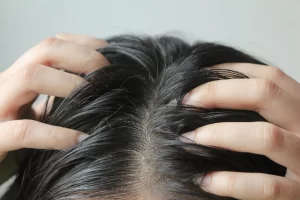
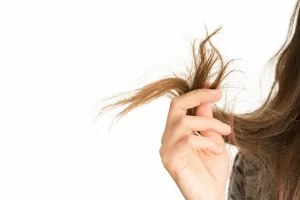
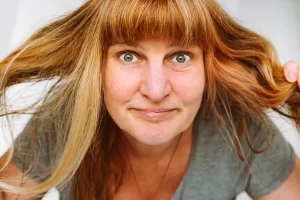

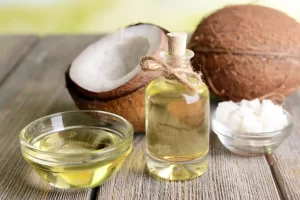
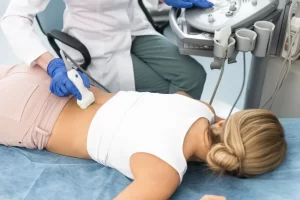
* These statements have not been evaluated by the Food and Drug Administration. This product is not intended to diagnose, treat, cure or prevent any disease.